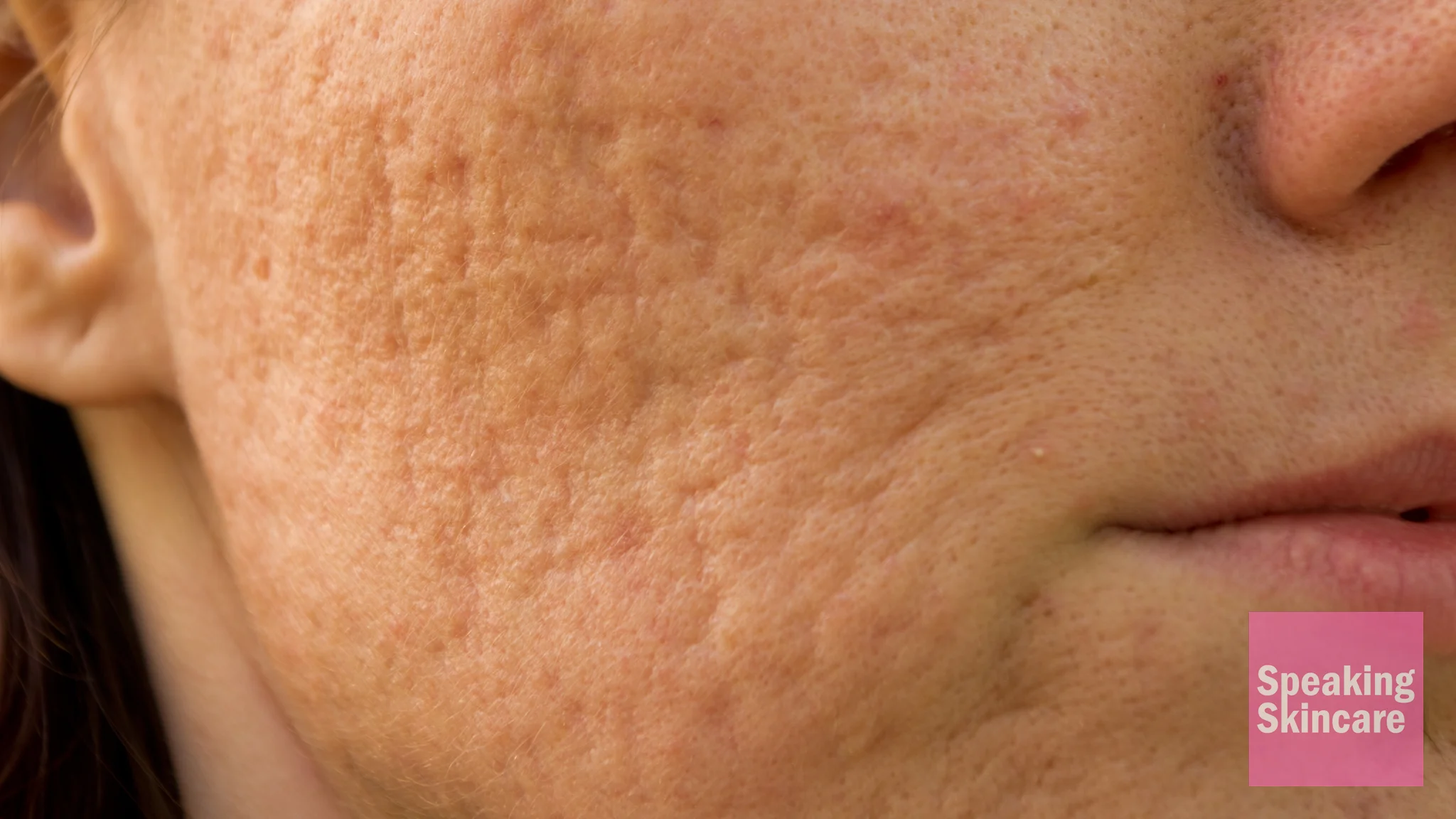Have you ever wondered why a tiny scratch on your skin turns into a scar that seems to stick around forever? I sure have. As someone who’s always been a bit clumsy, I’ve racked up my fair share of scars. It’s frustrating, isn’t it? Let’s dive into why some of us seem to scar more easily than others and what we can do about it.
Understanding Scarring
What is a Scar?
First, let’s break down what a scar is. Simply put, a scar is your skin’s way of healing itself after an injury. When the skin gets damaged, our body quickly works to repair the wound. This process involves creating new collagen fibers, which often result in a scar. Unlike the original skin, this new tissue has a different texture and quality.
Types of Scars
There are several types of scars, including:
- Hypertrophic Scars: These are raised scars that stay within the boundary of the original wound.
- Keloid Scars: These extend beyond the original wound and can continue to grow over time.
- Atrophic Scars: These are depressed or sunken scars, often resulting from conditions like acne or chickenpox.
- Contracture Scars: These occur when the skin tightens due to a severe burn, affecting movement.
Why Some Skin Scars Easily
Genetics:
If your parents scar easily, there’s a good chance you will too. Our genes play a significant role in how our skin heals. Some people naturally produce more collagen during the healing process, leading to more noticeable scars.
Skin Type and Color:
People with lighter skin might notice red or pink scars, while those with darker skin can develop scars that are darker than their natural skin tone. Some skin types are just more prone to noticeable scarring. Additionally, conditions like hyperpigmentation are more common in darker skin tones, making scars more pronounced.
Lifestyle Factors:
Believe it or not, your diet and skincare routine matter. Poor nutrition, dehydration, and certain lifestyle habits like smoking can impede your skin’s healing process, making scars more likely. Stress and lack of sleep can also affect how well your skin heals.
Medical Conditions:
Certain medical conditions, like diabetes and certain skin diseases, can affect your body’s ability to heal properly. If you have any underlying health issues, they might be contributing to why you scar so easily.
Preventing Scars
So, what can we do to prevent these pesky scars? Here are some practical tips:
Proper Wound Care:
The way you treat a wound immediately after it happens can make a big difference. Clean the area gently with mild soap and water. Apply an antibiotic ointment to prevent infection and cover it with a clean bandage. Keeping the wound moist, not dry, helps in reducing scarring. Studies show that moist environments promote better healing.
Sun Protection:
UV rays can darken scars, making them more noticeable. Always use sunscreen on healing wounds, even if it’s cloudy outside. Wearing protective clothing and avoiding direct sun exposure during peak hours also helps.
Healthy Diet:
Eating a balanced diet rich in vitamins and minerals supports skin health. Foods high in Vitamin C (like citrus fruits, strawberries, and bell peppers) help in collagen production. Vitamin E, found in nuts and seeds, helps in skin repair.
Avoid Picking:
As tempting as it is, don’t pick at scabs. Picking can reopen the wound, increasing the chance of scarring. Let the wound heal naturally, and resist the urge to scratch or peel off scabs.
Use Gentle Skincare Products:
Harsh chemicals and abrasive skincare products can irritate your skin and worsen scarring. Opt for gentle, fragrance-free products that won’t irritate your skin further.
Treating Existing Scars
Already have scars? Don’t worry, there are ways to minimize their appearance:
Topical Treatments:
Over-the-counter creams and gels containing ingredients like silicone, onion extract, or Vitamin E can help reduce the appearance of scars. Silicone sheets and gels are particularly effective. Always patch test before using a new product to ensure you don’t have an adverse reaction.
Home Remedies:
Natural remedies like aloe vera, honey, and lemon juice can be soothing and help fade scars over time. Aloe vera has anti-inflammatory properties, honey is a natural moisturizer, and lemon juice has natural bleaching properties. However, be cautious with lemon juice, as it can make your skin more sensitive to sunlight.
Professional Treatments:
For more stubborn scars, dermatologists offer treatments like laser therapy, microdermabrasion, and chemical peels. These can be more effective but are usually pricier. Laser therapy can help resurface the skin, while microdermabrasion and chemical peels remove the top layer of skin, promoting new skin growth.
Injections:
In some cases, steroid injections can help flatten raised scars like keloids and hypertrophic scars. Fillers can also be used to raise sunken scars, making them less noticeable.
Embrace Your Skin
While it’s great to take steps to prevent and treat scars, it’s also important to remember that they’re a natural part of our skin’s healing process. Each scar tells a story, a reminder of life’s little adventures and mishaps. Embrace them, take care of your skin, and remember – you’re beautiful just the way you are.
So next time you get a scratch or a cut, you’ll know exactly what to do to keep scarring to a minimum. And if a scar does appear, you’ve got plenty of options to help it fade. Here’s to healthy, happy skin!
